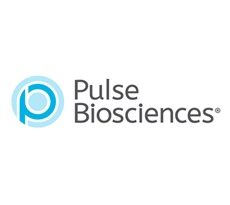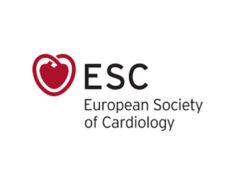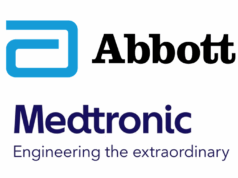 Pulse Biosciences has announced treatment of the first two patients in a first-in-human feasibility study using its novel nanosecond pulsed field ablation (nsPFA) cardiac surgery system for cardiac tissue ablation in the treatment of atrial fibrillation (AF).
Pulse Biosciences has announced treatment of the first two patients in a first-in-human feasibility study using its novel nanosecond pulsed field ablation (nsPFA) cardiac surgery system for cardiac tissue ablation in the treatment of atrial fibrillation (AF).
Bart Van Putte (St Antonius Hospital, Nieuwegein, The Netherlands) used the company’s cardiac surgery system to successfully treat two AF patients at his centre. Van Putte was joined by colleagues as well as Pulse Biosciences’ chief medical officer, Cardiac Surgery, Gan Dunnington, and the company’s chief science officer, Cardiac Surgery, Niv Ad, during the concomitant procedure.
This first-in-human feasibility study involves the multicentre enrolment of up to 30 patients and will include an endocardial catheter-based remapping to confirm chronic isolation at approximately three months post treatment.
“We are honoured to partner with Pulse Biosciences and to be the first team to use this next-generation nano-PFA technology for the treatment of atrial fibrillation in cardiac surgery. The initial procedure results showed effective pulmonary vein and ‘box’ isolation with Pulse’s cardiac surgery system,” said Van Putte. “We were impressed by how rapidly and effectively we were able to produce linear ablations in a fraction of the time it takes with the current thermal modalities we use, such as radiofrequency or cryoablation.”
“These initial treatment results confirm our preclinical work with the cardiac surgical system. The patients tolerated our procedure well. We are pleased to see how the intuitive design of the device facilitates an efficient procedure where surgeons can create controlled lesions with adequate depth very rapidly,” added Dunnington. “We are excited to continue enrolment in this feasibility clinical study, which is intended to demonstrate the device’s safety, effectiveness and durability profile.”
The nano-PFA cardiac surgical system received US Food and Drug Administration (FDA) Breakthrough Device designation in early July 2024, and the device has also been enrolled in the FDA’s Total Product Life Cycle Advisory Program (TAP)—which has been launched to help generate more rapid development of high-quality, safe, effective and innovative medical devices that are critical to public health.
“We continue to make great strides on the development of our current nano-PFA devices, three of which have now been used in patients with initial promising results. We are grateful for all the key opinion leader clinicians who have partnered with us to advance nano-PFA technology for the benefit of patients and clinicians worldwide,” stated Pulse Biosciences president and chief executive officer Burke T Barrett. “These initial clinical results with the cardiac surgical system will inform the next steps of our clinical and regulatory strategy. We are excited to continue the momentum with the system following its Breakthrough Device designation and recent enrolment into the prestigious TAP programme. Moving forward, we intend to submit for IDE [investigational device exemption] approval from the FDA to begin US clinical work.”
The company notes in a press release that it plans to pursue FDA premarket approval (PMA) to commercialise its nano-PFA cardiac surgical system in the USA as a treatment for AF. If granted by the FDA, a specific treatment indication would permit direct marketing of the device’s treatment benefits. In addition, Pulse Biosciences intends to begin a pivotal clinical study of its nano-PFA cardiac surgical system as a treatment for AF in early 2025, and will provide additional details on the study and its regulatory and commercial implications later this year.












